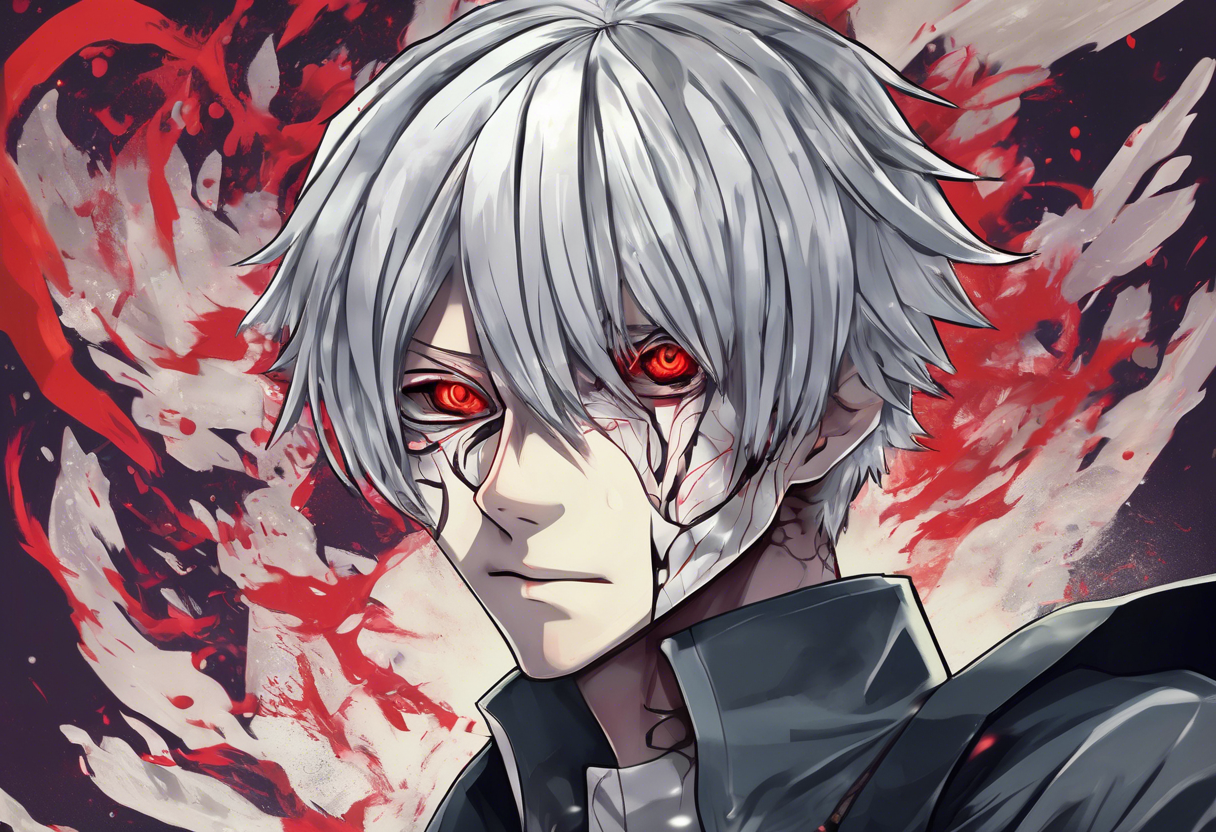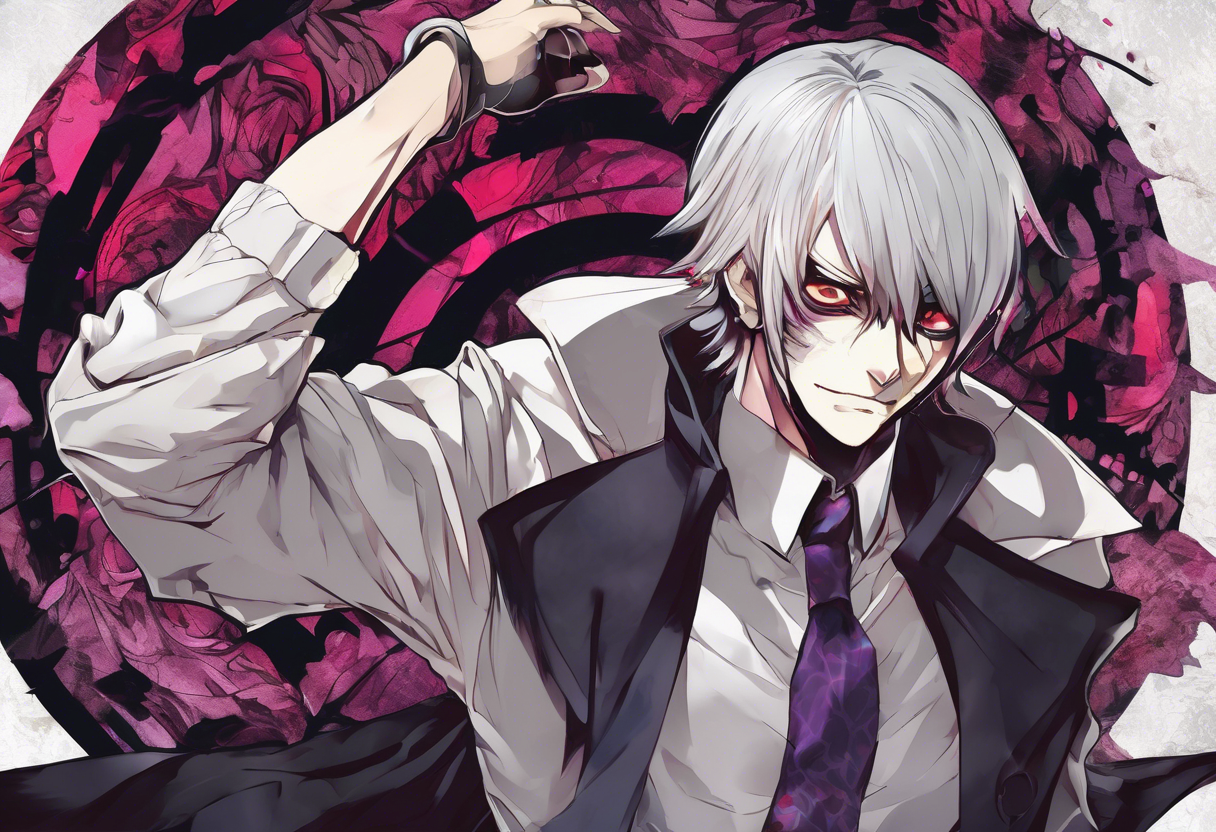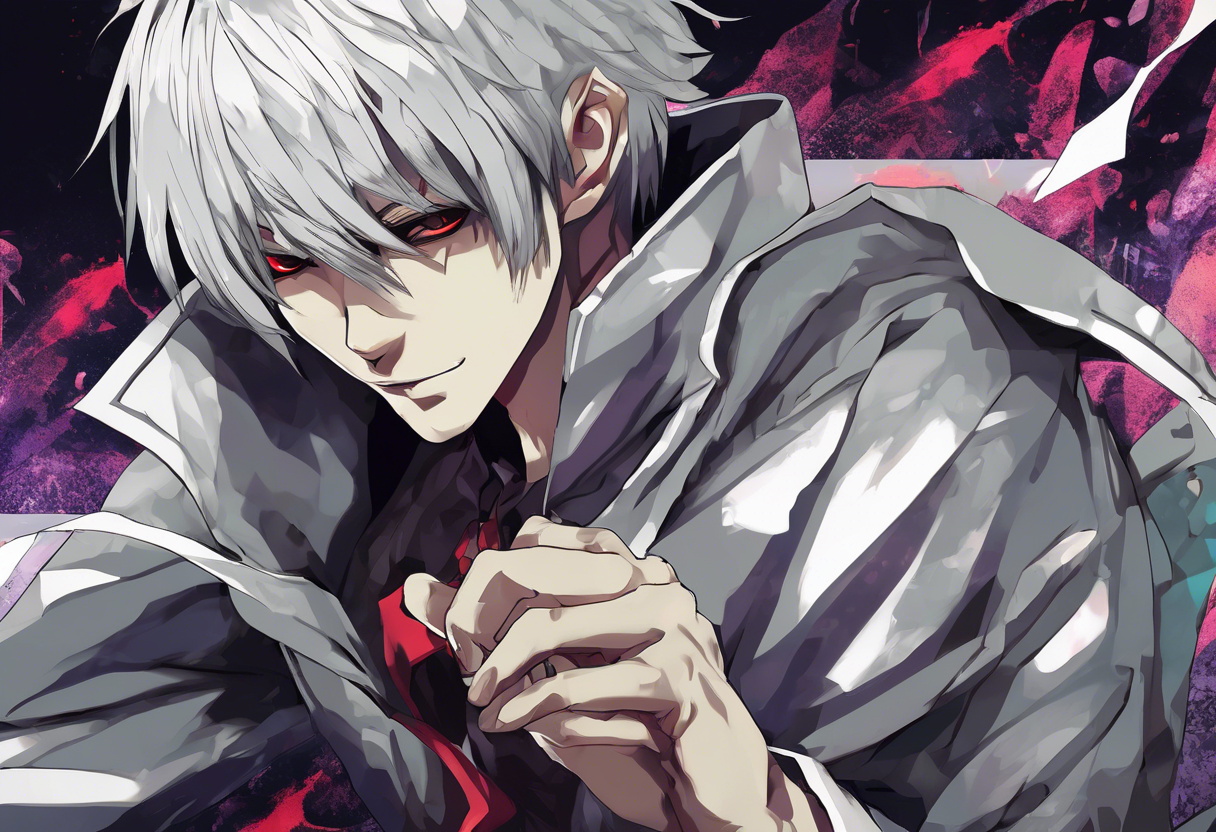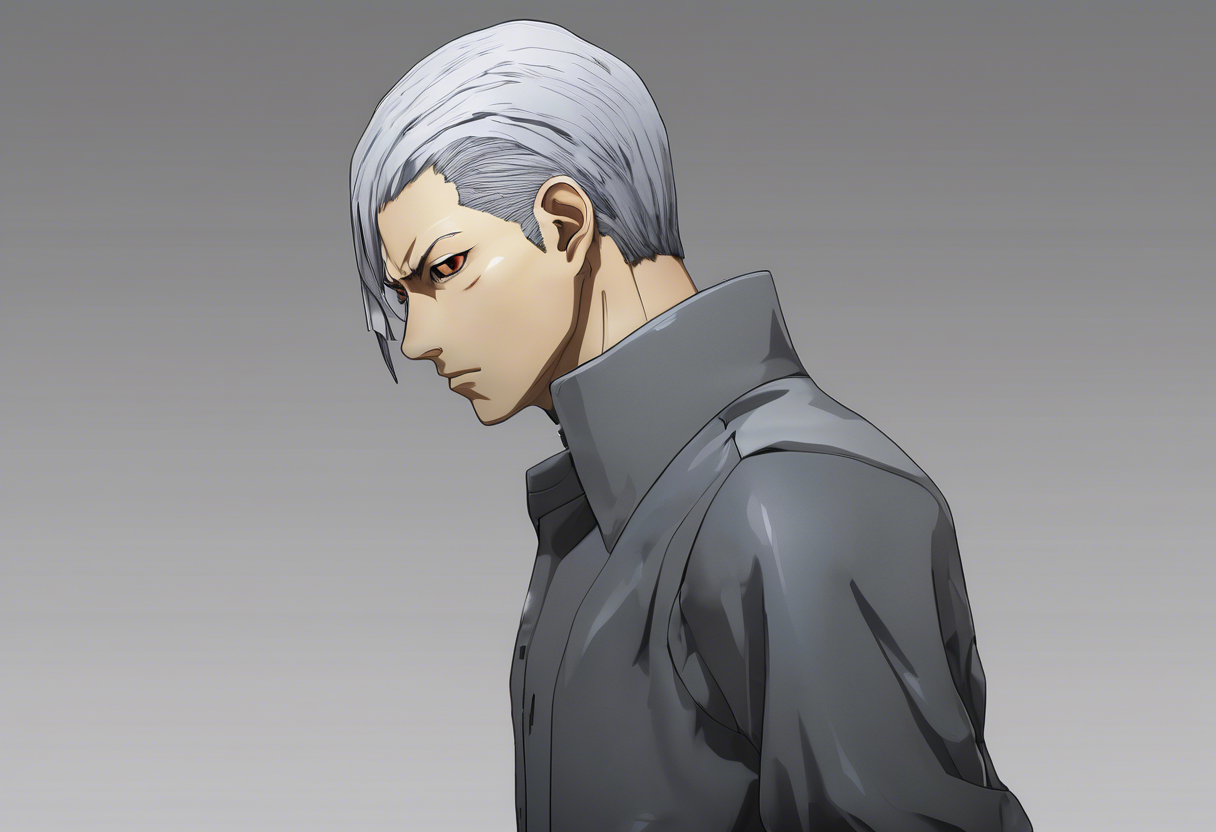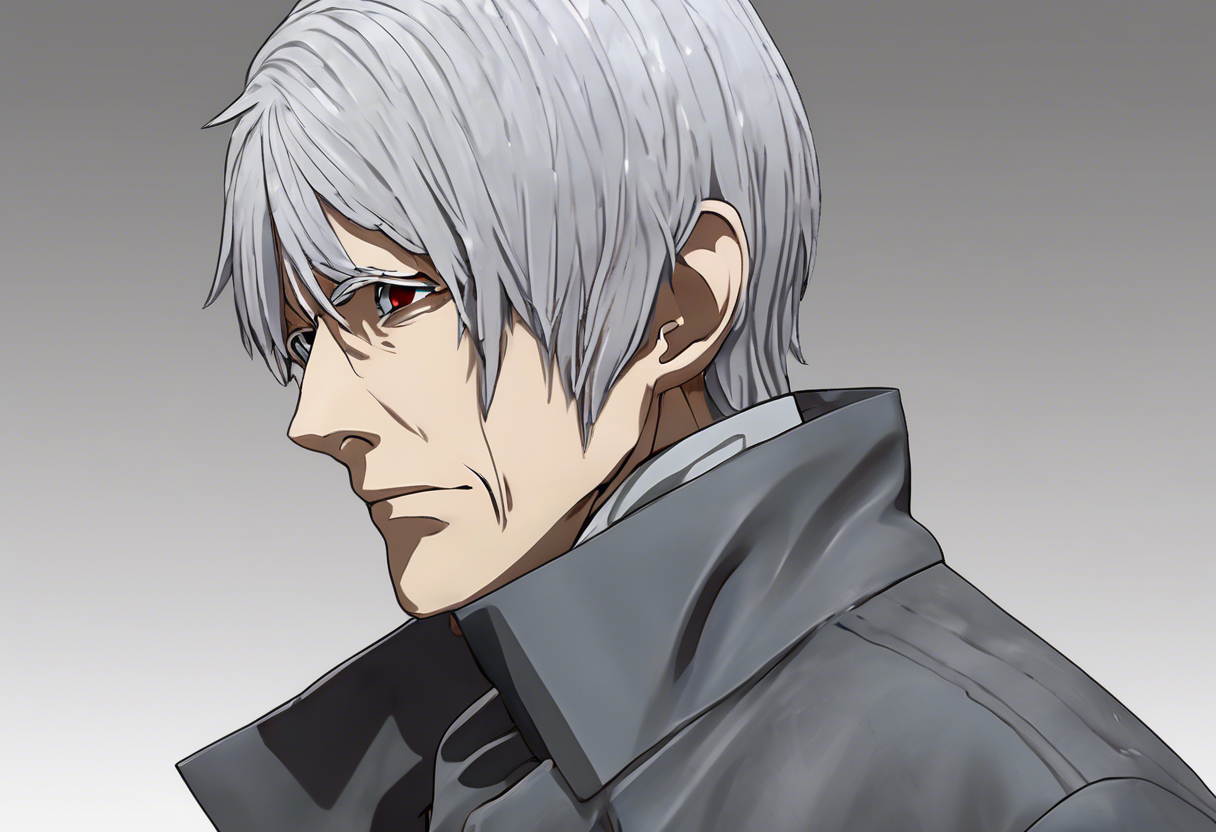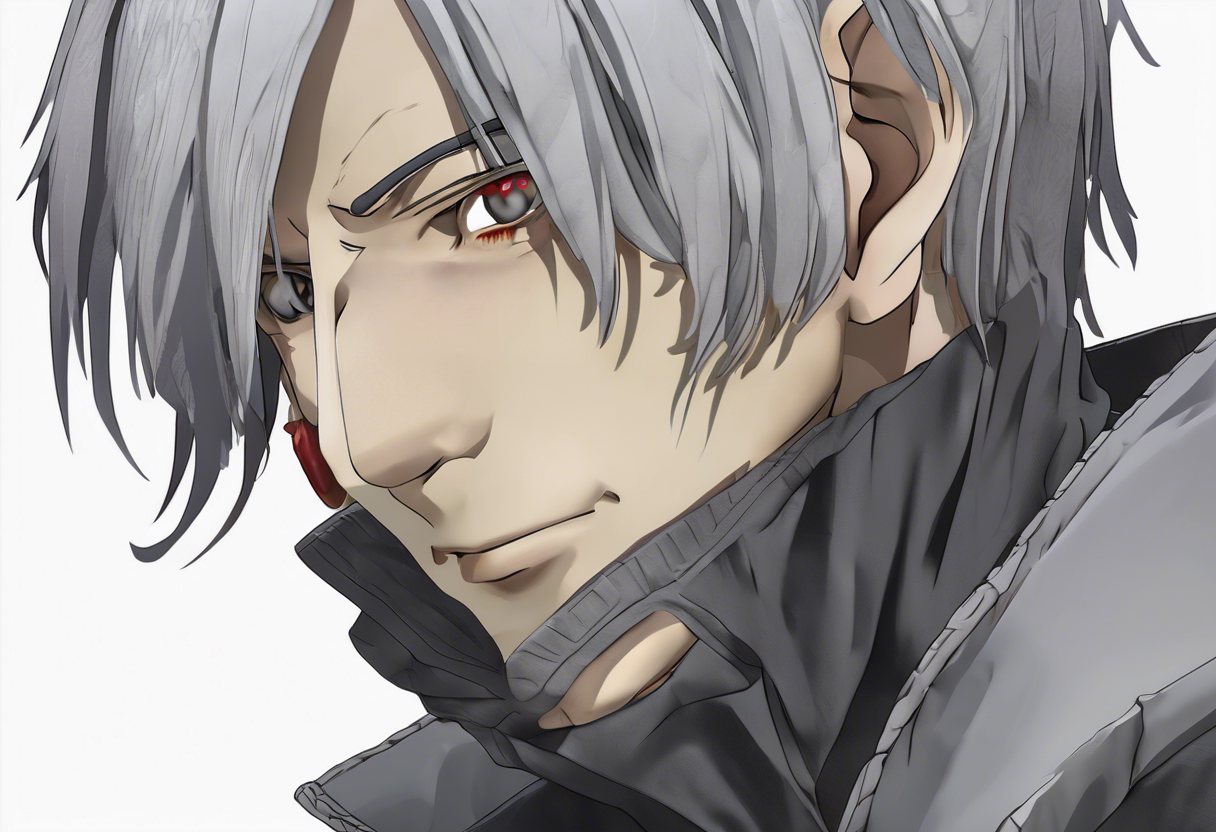Contents
Yoshimura: The Complex Heart of Tokyo Ghoul
Introduction
Yoshimura, a pivotal character in the anime and manga series Tokyo Ghoul, is a multifaceted figure created by Sui Ishida. He is a ghoul who manages the Anteiku cafe, a haven for ghouls seeking to live peacefully among humans. Yoshimura’s background is marked by a deep sense of responsibility and a tragic past, which shapes his defining attributes and narrative function within the story.
Yoshimura’s creation is rooted in Ishida’s exploration of themes such as identity, community, and the struggle for coexistence between ghouls and humans. His character draws from earlier literary and media influences that focus on the outsider and the protector, adding a unique twist to these archetypes. As the manager of Anteiku, Yoshimura fosters a community of non-killing ghouls, reflecting his pacifist nature and commitment to finding a peaceful resolution to the conflict between ghouls and humans [3][5].
Role in the Story
Yoshimura’s arc in Tokyo Ghoul is characterized by his evolution from a lonely ghoul named Kuzen to a community leader. His past involves a poignant love story with a human named Ukina, which ultimately leads to the birth of his half-ghoul daughter, Eto. Yoshimura’s decision to abandon Eto as a child haunts him and drives many of his actions throughout the series. He assumes the identity of the One-Eyed Owl to protect Eto from the Commission of Counter Ghoul (CCG) and to atone for his past mistakes [3].
Yoshimura’s relationships are central to his role in the story. His bond with Renji Yomo, a loyal and trusted friend, and his mentorship of Ken Kaneki, the protagonist, highlight his capacity for empathy and leadership. His involvement in major plot developments includes the Owl Suppression Operation, where he is defeated by the CCG and later renamed the Non-Killing Owl. This event marks a significant turning point in the series, as it reveals the existence of two Owls and the complexity of Yoshimura’s character [3].
Character Analysis
Yoshimura’s personality is defined by his compassion, wisdom, and sense of responsibility. He is a pacifist who believes in the possibility of ghouls and humans coexisting peacefully. His motivations stem from a desire to protect his community and make amends for his past. This is evident in his actions as the Non-Killing Owl, where he sacrifices his own well-being to shield others [3].
Yoshimura’s strengths include his leadership abilities and his capacity to inspire and guide others. However, his weaknesses lie in his guilt and the emotional burden he carries due to his past decisions. Despite these challenges, Yoshimura undergoes significant personal growth, transitioning from a solitary figure to a community leader who embodies hope and resilience.
Themes and Symbolism
Yoshimura is deeply intertwined with several themes and symbols in Tokyo Ghoul. The character represents the theme of community and the importance of finding a place where one belongs. Anteiku, under his management, serves as a symbol of this theme, providing a safe haven for ghouls to live without fear of persecution.
The owl symbolism associated with Yoshimura is also significant. Initially known as the One-Eyed Owl, he later becomes the Non-Killing Owl, reflecting his commitment to non-violence and his role as a protector. The owl, often a symbol of wisdom and vigilance, aligns with Yoshimura’s wise and watchful nature, underscoring his role as a guardian of his community [3].
Cultural Impact
Yoshimura has a profound cultural impact on the Tokyo Ghoul fandom. His character resonates deeply with fans due to his complex and empathetic nature. He appears in various forms of related media, including merchandise and fan art, where he is often depicted as a symbol of hope and leadership.
Yoshimura’s influence extends beyond the Tokyo Ghoul series, contributing to the broader anime discourse on themes such as identity, community, and the struggle for acceptance. His character archetype—a wise, compassionate leader—has inspired similar characters in other anime series, reflecting his lasting impact on the genre [2].
Critical Reception
Critics and viewers have responded to Yoshimura with widespread acclaim. His character is praised for its depth and complexity, with many noting his pivotal role in the narrative. The emotional resonance of his story, particularly his relationship with Eto and his sacrifices, has been highlighted as a standout aspect of the series.
However, some critics have noted that the series’ premature conclusion left some of Yoshimura’s storylines unresolved, which has led to mixed interpretations of his significance. Despite this, Yoshimura remains one of the most beloved and respected characters in Tokyo Ghoul, reflecting his enduring impact on the series and its audience [3].
Legacy
Yoshimura’s legacy in Tokyo Ghoul is profound and lasting. He has contributed significantly to the evolution of character archetypes in anime, particularly the wise and compassionate leader. His story has enriched the discourse on themes such as identity, community, and coexistence, making him a memorable and influential character in the genre.
Yoshimura’s impact extends beyond the series itself, influencing fan culture and inspiring new works of fiction. His character serves as a reminder of the importance of empathy, leadership, and the pursuit of peace, even in the face of adversity. As such, Yoshimura remains an integral part of the Tokyo Ghoul narrative, a testament to the power of complex and compelling character design.
References
- https://hero.fandom.com/wiki/Yoshimura
- https://au.pinterest.com/ideas/yoshimura-tokyo-ghoul/945082084298/
- https://www.cbr.com/tokyo-ghoul-the-owls-explained/
- https://discover.hubpages.com/entertainment/Eto-Yoshimuras-Complexity-The-One-Eyed-Owl-Tokyo-Ghoul-Characters-Explained
- https://en.wikipedia.org/wiki/List_of_Tokyo_Ghoul_characters

